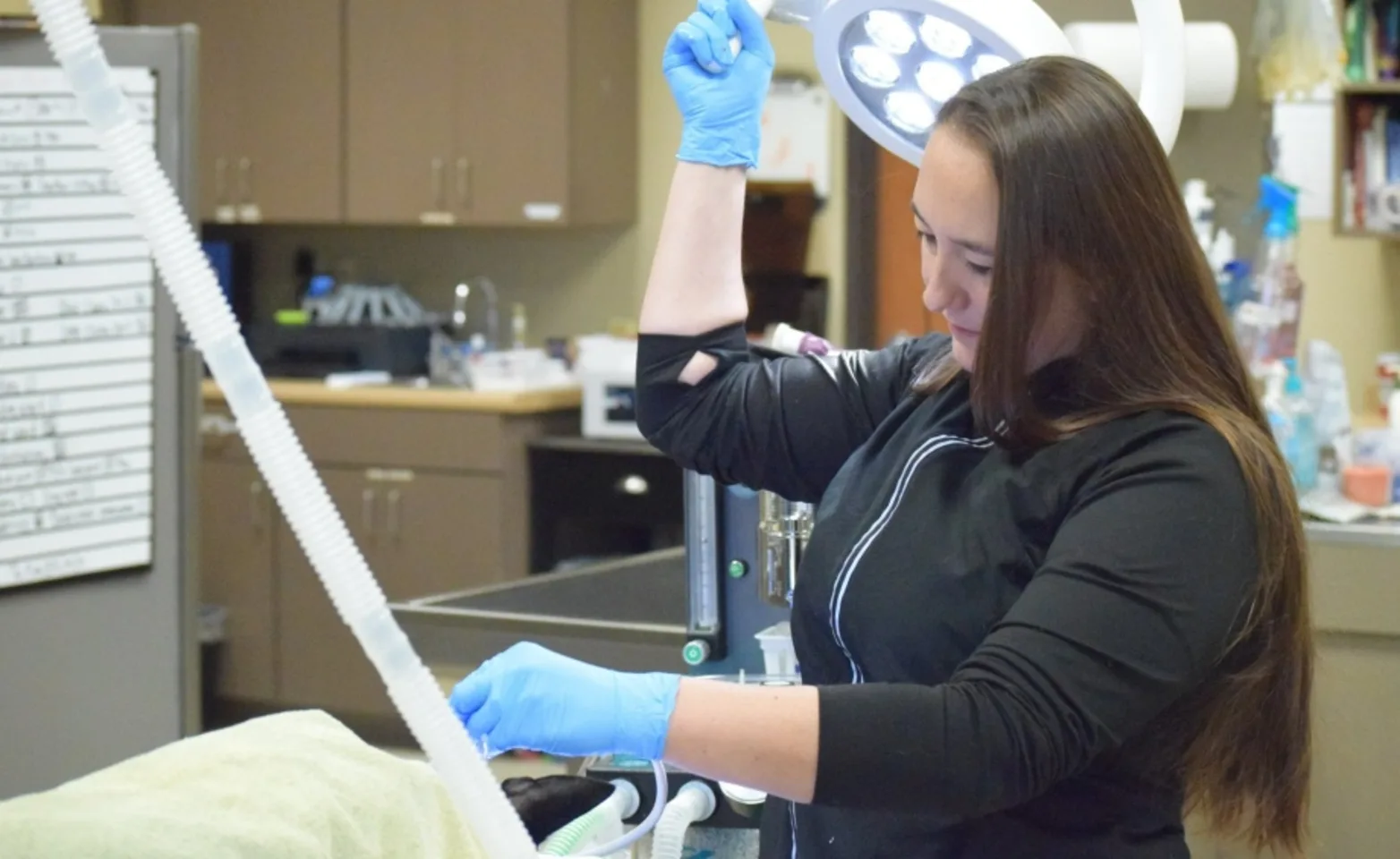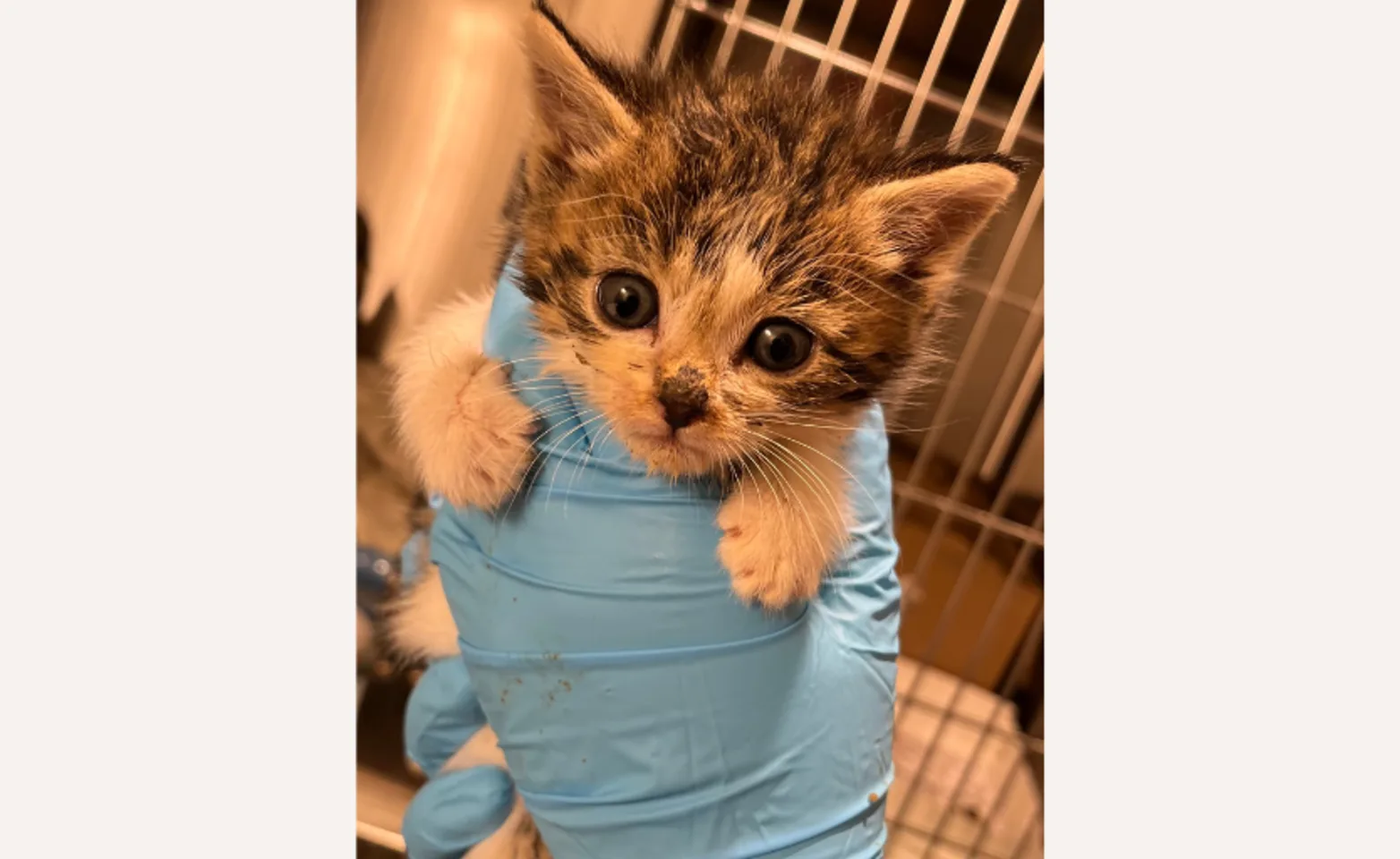Brookswood Animal Clinic

What To Expect

In your search for a veterinary facility, we believe you should expect high quality care as well as great service. Our goal has been to assemble a veterinary health care team committed to providing exceptional client service and veterinary health care. Our commitment to you is to continue to offer our world class service and a state of the art veterinary facility.
Your pet's annual vet check-up will include a total physical exam, with a thorough investigation of your pet's head, body and tail, and all his assorted cavities. Because even the most cooperative pet may not readily go-along with a tooth and gum brushing, an annual cleaning by your veterinarian maybe in order. Like you, your pet can lose his teeth due to decay and neglect.

It's a good idea to keep an accurate medical diary not only of the procedures and vaccinations your pet receives at the vet, but also of notes on things like your pet's elimination habits and any physical changes or unusual occurrences. Keep track of small shifts in your pet's behavior, including urinary marking habits and mood swings, along with diet and routine modifications. Take this notebook when you visit the vet. These seemingly unrelated occurrences may help explain results of your pet's medical tests. Also, if you need to change vets, it's good to have this journal to provide a complete medical history.

Choose a veterinarian who is calm, compassionate and willing to explain all the procedures your pet undergoes. Try to find a vet with whom both you and your pet feel comfortable. Try to have it convenient, choose a clinic with qualified staff and facilities to undertake surgery and perform procedures requiring anesthesia, such as teeth cleaning. Because of the general risks inherent to anesthesia, especially for very old, very young or very ill pets, your veterinarian will likely suggest a few exams, including a chest X-ray and lab work of blood and urine, before your pet is anesthetized. During the procedure he might need an IV drip; antibiotics may be necessary before and after.

Payment Options
We accept all standard forms of payment (cash, check, credit card) as well as CareCredit and ScratchPay. Payment is expected in full at the time of service. In some cases where extensive medical care is predicted, a deposit may be required in order to initiate diagnostics and treatment. Please inform us if you would like an estimate of cost prior to services.
Commonly Asked Questions
What vaccine does my pet need to stay healthy?
There is no one answer to this question. A number of factors will determine what vaccines your pet should have including life style, travel, age and other health concerns. Vaccines are very important, but we do not believe that all vaccinations are right for all patients. During annual wellness visits, our staff and veterinarians go over your pet's risk factors in order to determine the best preventative healthcare plan for your pet. Learn more about vaccinations here.
My pet has been having diarrhea but is otherwise acting fine, should I be concerned?
Diarrhea can be caused by a number of things including parasites (giardia is common in our area), diet, bacteria, viral or more serious conditions such as inflammatory bowel diseases or neoplasia. If the diarrhea has persisted for more than 1-2 days or has recurred several times we recommend a visit with a veterinarian and remember to bring a fecal sample!
Does my pet need to be on heartworm medication?
Heartworm disease is not currently endemic in our area due to our temperature fluctuations (too cool at night), however the geographical range of this disease is changing as the climate warms (see this website). It is important to consider your travel habits as well: if you take your dog to the beach, to Ashland, or to California, where heartworm is more prevalent, prevention is extremely important. Most heartworm preventatives also function as a monthly dewormer for common intestinal parasites. If you have small children at home or your pet is very social and spends a lot of time in heavily dog trafficked areas then having your dog on a monthly parasite prevention program makes sense. Given this information, many clients in Central Oregon do elect to have their pet on heartworm preventative year round.
My pet suffers from separation anxiety. What can I do?
This is one of the most common behavioral disorders encountered with our dogs. A great resource is Malena DeMartini, a dog trainer who offers a remote training program for the mitigation of separation anxiety in dogs. You can find her website here. Local trainers can also be of help. In order to find a good one, follow these rules: How to choose a dog trainer. If reward-based training and behavior modification haven't been of help, or if your dog is injuring himself or panicking when you leave, psychotropic medications may be indicated. Our veterinarians are happy to talk with you about options.
My pet is having surgery tomorrow. Can he or she still have water?
Yes! Please do not restrict their access to water. We do recommend that you withhold food after about 8 pm the night before a procedure. We want our surgical patients to be well hydrated!
How often should I bathe my pet?
Too frequent bathing can strip your cat or dog of their natural oils and lead to dry, flaky, itchy skin. Bathing once monthly is typically more than adequate. We recommend using a soap free shampoo (these will not lather like a regular shampoo!) and rinsing thoroughly with tepid water. If your pet is struggling with dandruff, excessive oil, or is overly itchy this may be an indication of another problem (allergies, thyroid issues, infection) and a visit with a veterinarian is recommended.
My pet has been shaking his/her head a lot, should I be concerned?
When an animal has an ear infection or a something stuck in his ear like a fox tail, common in our area, the first clinical sign can be head shaking Other indications of a problem include excessive discharge from the ear (often dark brown), a bad smell, holding the ear down, or tilting of the head. In cats, ear mites can be the culprit. Dogs rarely get ear mites, and are much more likely to have infections caused by yeast and bacteria. If the head shaking persists for more than one day, or if any of the other signs listed above are also present, your pet should be seen by a veterinarian. Ear infections left untreated can lead to chronic changes in the ear canals, and are very uncomfortable for your pet.
